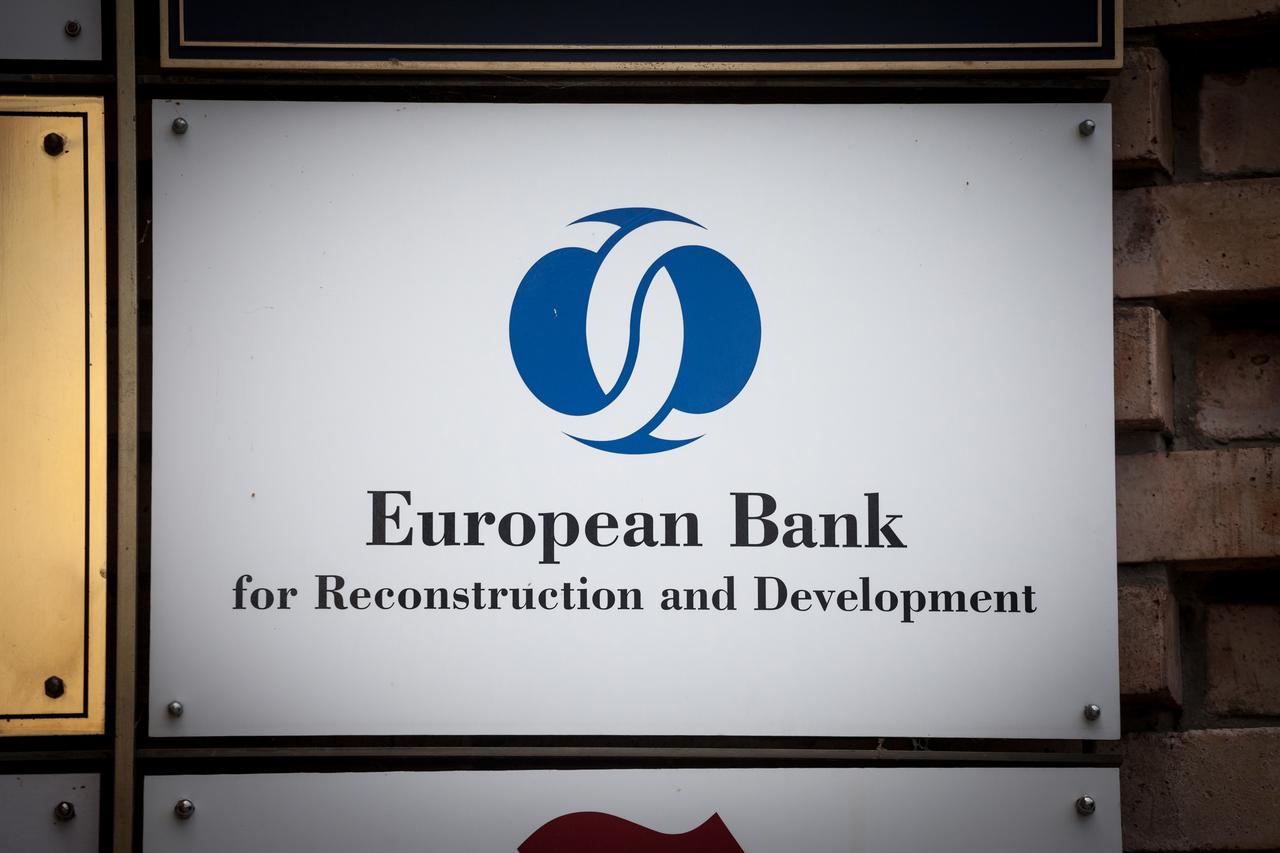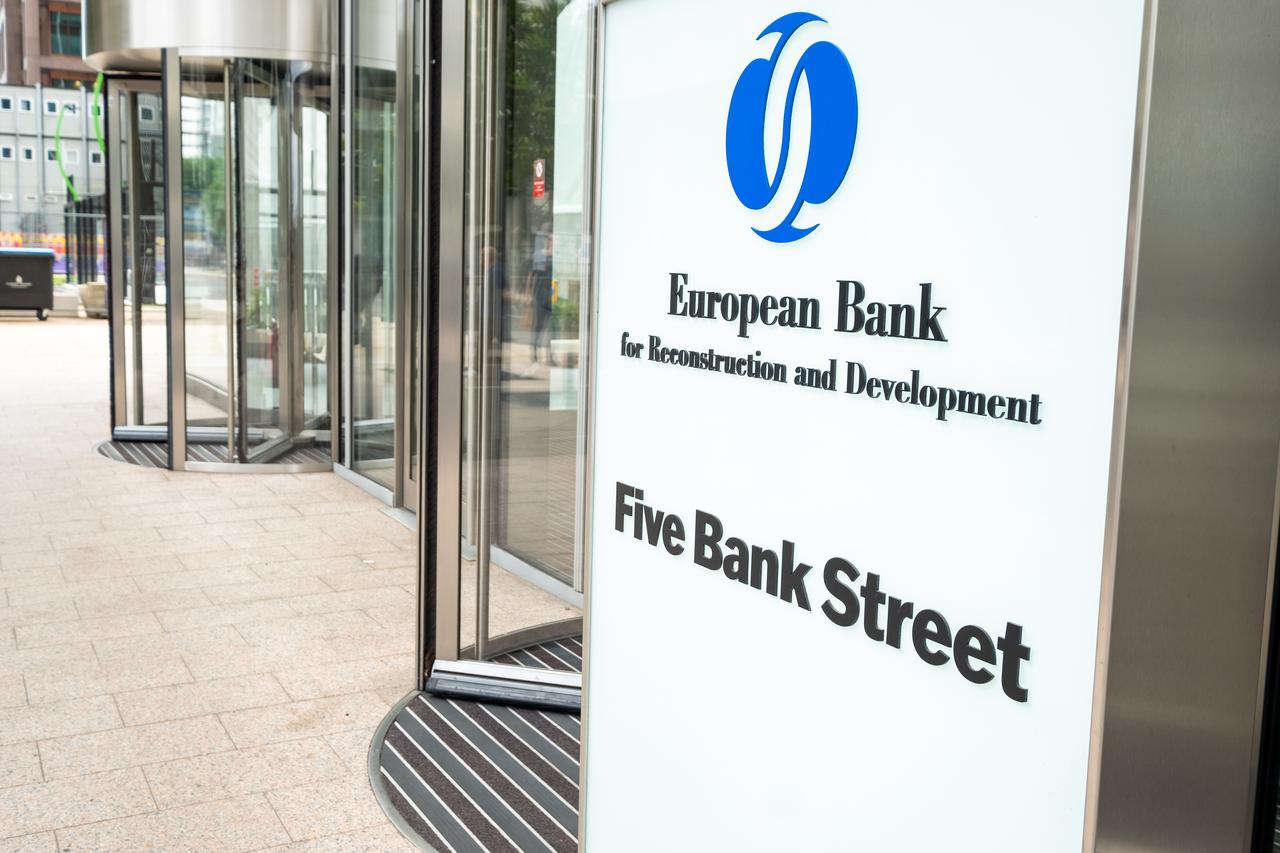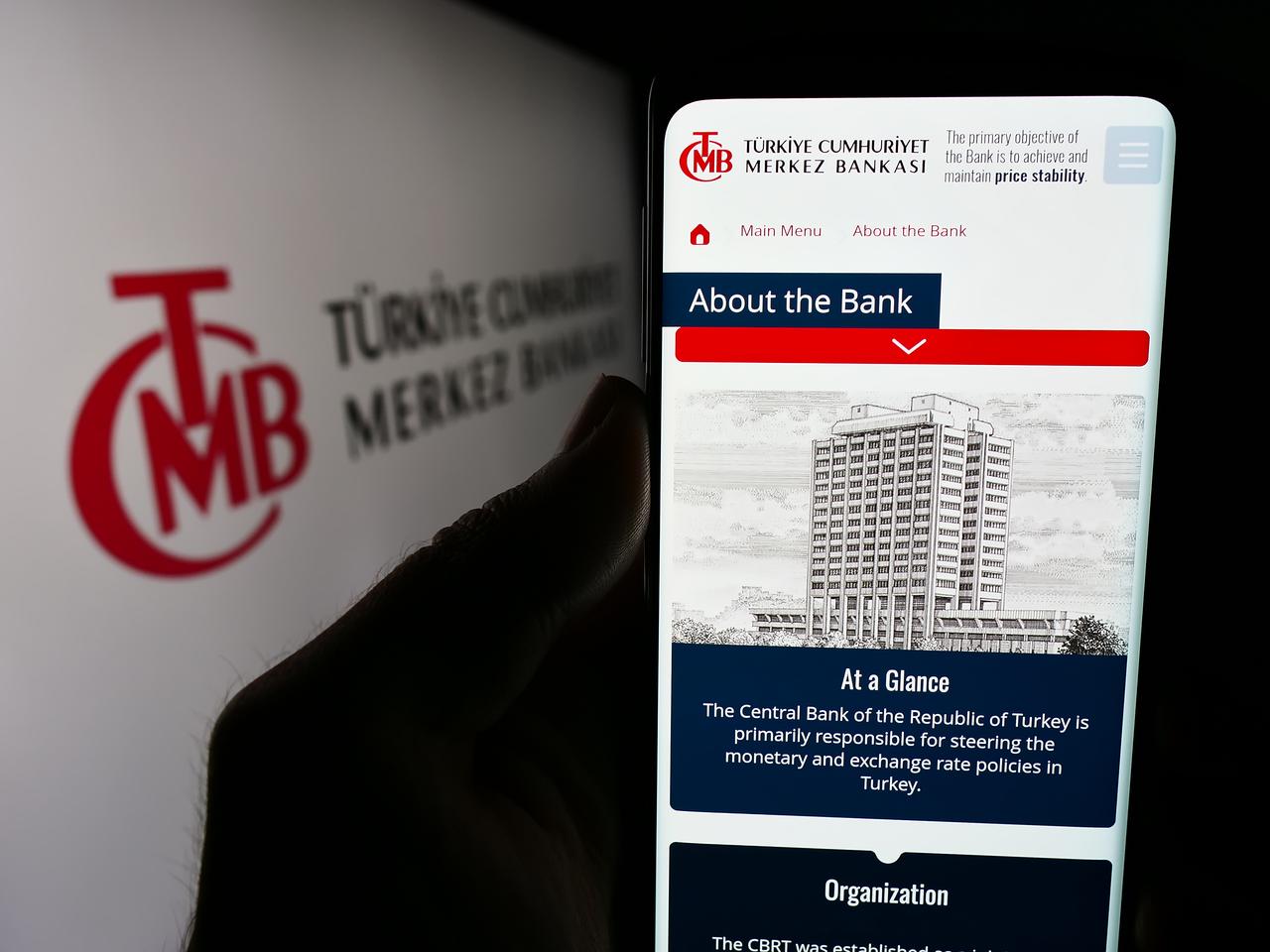
The European Bank for Reconstruction and Development (EBRD) has lowered its economic growth forecast for Türkiye, projecting a 2.8% expansion in 2025 and 3.5% in 2026. The outlook reflects concerns over global trade uncertainty, weak external demand, and the indirect effects of rising tariffs on national economies.
The forecast was published as part of the EBRD’s Regional Economic Prospects report, released during its annual meeting that began on Tuesday. The bank downgraded its regional growth forecast for 2025 to 3%, down 0.2 percentage points from its February estimate.
Growth across EBRD-covered economies is expected to reach 3.4% in 2026.

The Bank pointed out that the downward revision for Türkiye was driven by expectations that tighter monetary policy may suppress domestic demand, while global trade uncertainties could dampen external demand
EBRD Regional Chief Economist Rafik Selim told Anadolu Agency that compared to the Bank's previous estimates in February, inflation in Türkiye is now expected to decline more gradually and over a longer horizon.
Türkiye’s annual inflation rate continued its downward trend for the 11th consecutive month in April, falling to 37.86%. However, the Central Bank of the Republic of Türkiye (CBRT) raised its policy interest rate by 350 basis points in its latest meeting, citing the exacerbation of persistent consumer demand and ongoing global economic uncertainty. The bank reaffirmed its commitment to maintaining a tight policy stance until inflation falls to single-digit levels.

Selim also addressed the recent depreciation of the Turkish lira, noting that it may lead to a pass-through effect on consumer prices—that is, a weaker lira could translate into higher costs for consumers. “We maintain our confidence in the economic administration’s commitment to the disinflation path, and we await the next CBRT inflation report, which is due on May 22,” he said.
He added that monetary policy in Türkiye is expected to remain tight for a prolonged period, supported by higher interest rates and stringent macroprudential measures ─regulatory measures designed to safeguard the stability of the overall financial system.

“We welcome the CBRT’s determination to sustain monetary tightening and diversify its policy tools,” Selim said. “In recent weeks, macroprudential policies have been implemented to manage credit growth, support the Turkish lira, and rebuild reserves. With five weeks remaining until the Monetary Policy Committee’s next meeting on June 19, the upcoming interest rate decision will depend on economic developments in the coming weeks.”
The EBRD currently holds over €22 billion ($24.44 billion) in investments in Türkiye.
The EBRD also revised down growth forecasts for most economies in its regions, with the most significant downward adjustments observed in the Western Balkans, Central Europe, and the Baltic states.
Chief Economist Beata Javorcik noted that while the full macroeconomic effects of the newly announced tariffs will take time to assess, it is already evident that EBRD regions are entering a period of heightened uncertainty and slower growth.
“Reducing trade tensions through constructive dialogue and securing consensus on trade policy among key stakeholders is critically important, as prolonged uncertainty could inflict painful economic costs,” Javorcik said.
Ukraine’s growth forecast for 2025 was also revised downward by 0.2 percentage points to 3.3%, due to weakening demand from the European Union and continued damage to the country’s energy infrastructure from Russian attacks.
The EBRD warned that the United States' latest tariff increases—including a 25% duty on steel, aluminum, and automobiles, as well as a 10% hike on a broader range of goods—are likely to have significant global repercussions, including for EBRD regions.
Assuming no change in the export composition, the bank estimates that the average effective U.S. tariff on imports from EBRD economies will rise from 1.8% in 2024 to 10.5%.